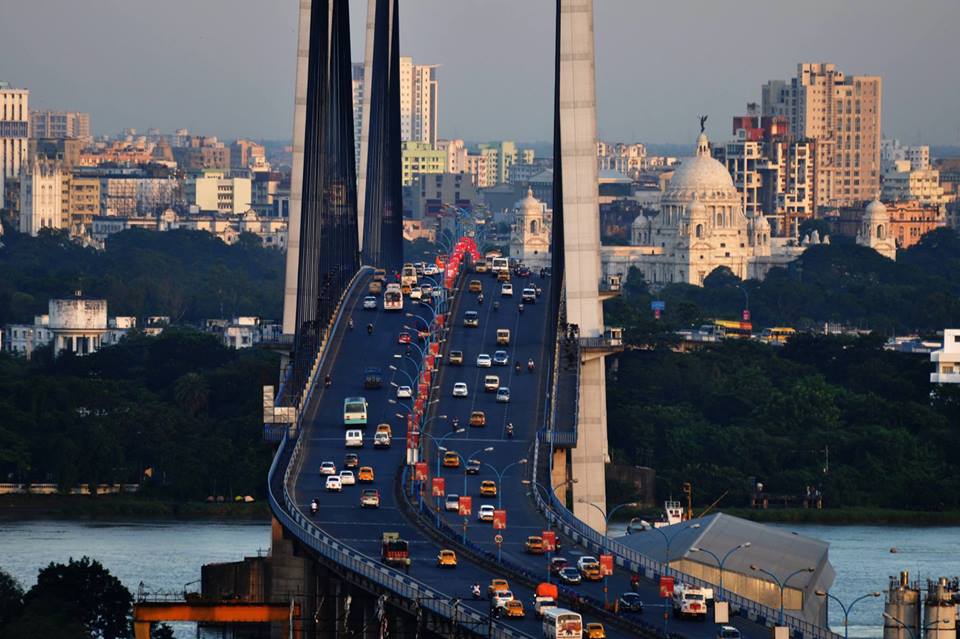
The assault occurred on August 9, when the victim, a promising medical trainee, was brutally attacked and killed within the confines of the state-run hospital. This horrific incident has not only shocked the local community but has also drawn widespread condemnation from various corners of society. The gruesome nature of the crime has intensified calls for justice and raised serious concerns about safety in public and institutional spaces.
Following the incident, a massive wave of protests has erupted both in Kolkata and globally. On Sunday night, thousands took to the streets, demanding accountability and reform. The protests were organized under the banner of "Reclaim the Night," a global movement advocating for women's safety and justice. Demonstrators have expressed their frustrations over persistent issues of violence against women and the systemic failures that often result in justice being delayed or denied.
The Supreme Court's involvement underscores the gravity of the case and reflects the judiciary's role in addressing high-profile crimes that resonate with the public and evoke widespread concern. The bench's scrutiny will be critical in determining the legal trajectory of the case, including the potential for significant legal precedents and reforms in how such cases are handled.
The protests have been characterized by a broad coalition of activists, civil society organizations, and concerned citizens, all united in their demand for immediate action and systemic change. The "Reclaim the Night" movement, which has garnered international attention, highlights a growing global consensus on the need for effective measures to combat violence against women and ensure that perpetrators are held accountable.
In Kolkata, the demonstration on Sunday saw people from all walks of life participating, including students, professionals, and families, all voicing their demand for justice. The event not only reflected the local community's outrage but also connected with a wider, global audience, emphasizing the universal nature of the struggle for women's rights and safety.
As the Supreme Court prepares to deliberate on the case, the focus will likely be on the details of the prosecution's evidence, the adequacy of the investigation conducted by local authorities, and the broader implications for legal standards concerning crimes of this nature. The outcome of today's hearing could potentially influence future legal approaches to similar cases and impact ongoing discussions about gender-based violence and institutional accountability.
